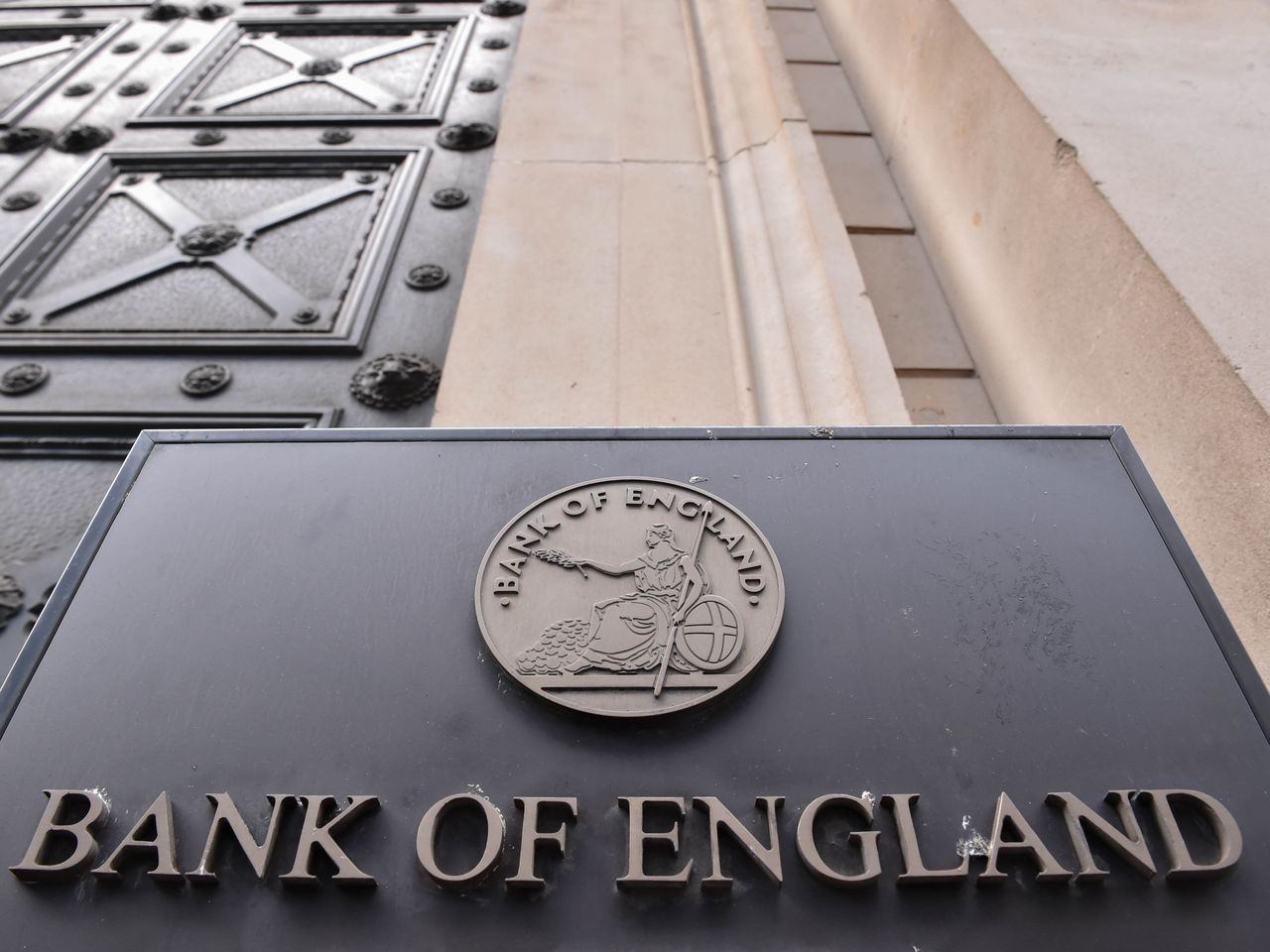UK September Inflation Falls to 1.7%, Rate Cut Expectations Rise
GBP/USD tumbled after UK inflation fell below the Bank of England's target in September and expectations of a rate cut rose with it.

The UK's key inflation report released on Wednesday, October 16, has had a significant impact on market expectations, which are already locked in discussions about the Bank of England's possible efforts to cut interest rates.
The UK's annual headline inflation rate fell to 1.7% in September from 2.2% in August, below the Bank of England's target range of 2%.Economists had expected inflation to be 1.9% in September, indicating that inflation fell more than expected.
According to data from the British Office for National Statistics:
- The Consumer Price Index (CPIH), which includes owner-occupancy costs, rose 2.6% in the 12 months to September, down from 3.1% in August.
- Air fares and motor vehicle fuel have had the greatest negative impact on the annual growth rates of CPIH and CPI.Food and non-alcoholic beverages have the largest positive contributions to the price index.
- Core CPIH (excluding energy, food, alcohol and tobacco prices) rose 4.0% in the 12 months to September, down from 4.3% in August.
- The core CPI (which also excludes energy, food, alcohol and tobacco) fell from 3.6% in August to 3.2% in September.
- CPI commodity price growth fell from minus 0.9% to minus 1.4%, while CPI service price annual growth fell from 5.6% to 4.9%.
Slowing inflation and weak wage growth offset a tight labor market
A UK labor market overview report a day before the inflation data showed wage growth slowed further.Inflation and wage growth both weakened, fueling speculation that the Bank of England would cut interest rates in November and December.
Slowing wages could weaken disposable income, which in turn lead to lower consumer spending, which could further reduce inflationary pressures.However, weakening private consumption could also have an impact on the economy, which after all accounts for more than 60% of Britain's GDP.
The Bank of England and the outlook for monetary policy
The Bank of England's next monetary policy decision will be announced on November 7.However, Bank of England Governor Andrew Bailey recently said that if inflation remains sluggish, the central bank may cut interest rates more aggressively.This fall in overall and core inflation may strengthen market expectations for the Bank of England to cut interest rates in November and December.
GBP/USD's response to September UK inflation report
The British pound against the U.S. dollar (GBP/USD) fell to a low of 1.30594 ahead of the inflation report, before briefly recovering to a high of 1.30768.
However, after the report was released, GBP/USD rose to a high of 1.30732, but quickly fell to a low of 1.30135.The sell-off reflected rising expectations that the Bank of England may cut interest rates sharply to stabilize prices.
As of October 16, the British pound fell 0.43% against the US dollar at 1.30165.
Disclaimer: The views in this article are from the original Creator and do not represent the views or position of Hawk Insight. The content of the article is for reference, communication and learning only, and does not constitute investment advice. If it involves copyright issues, please contact us for deletion.